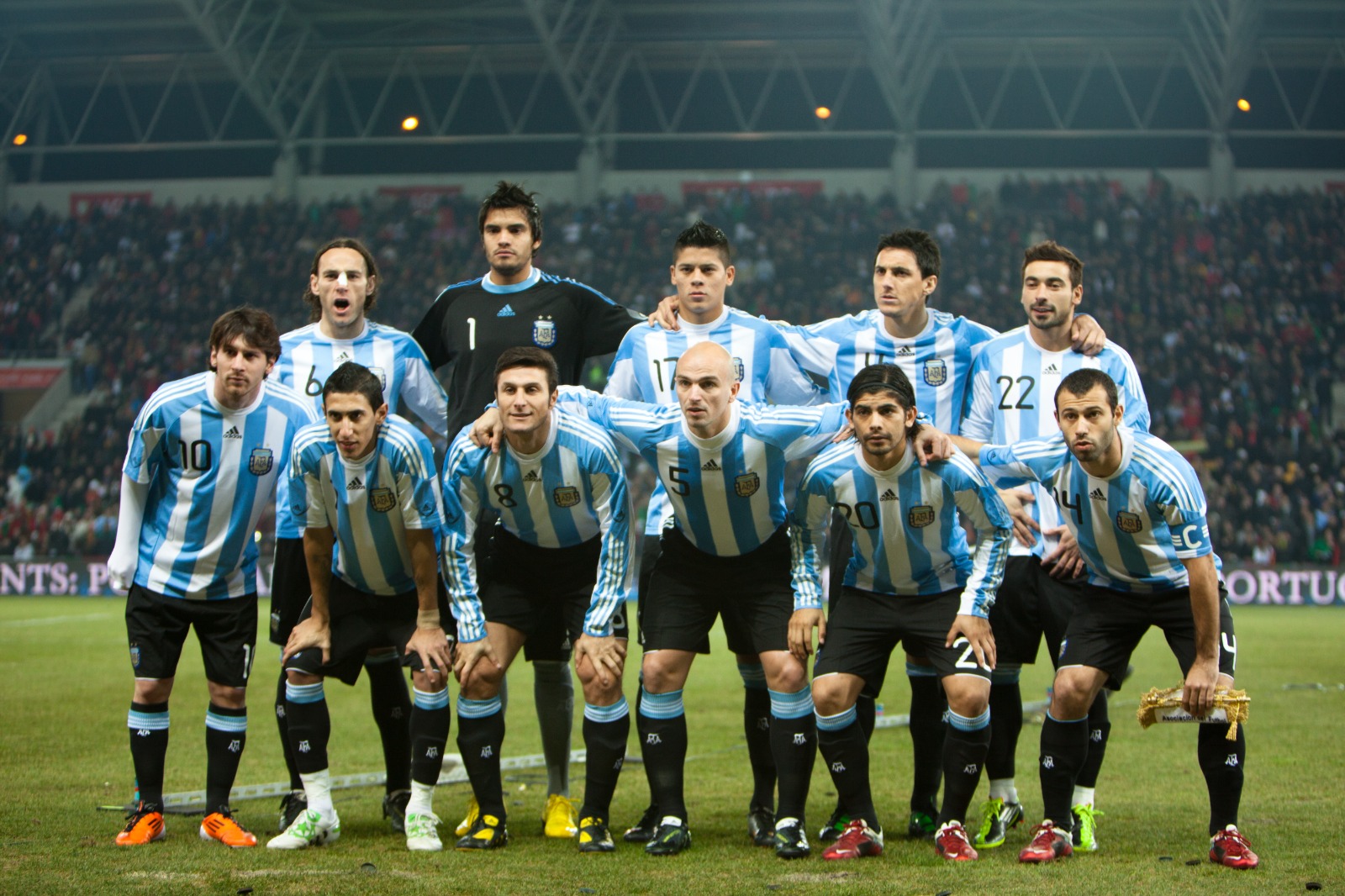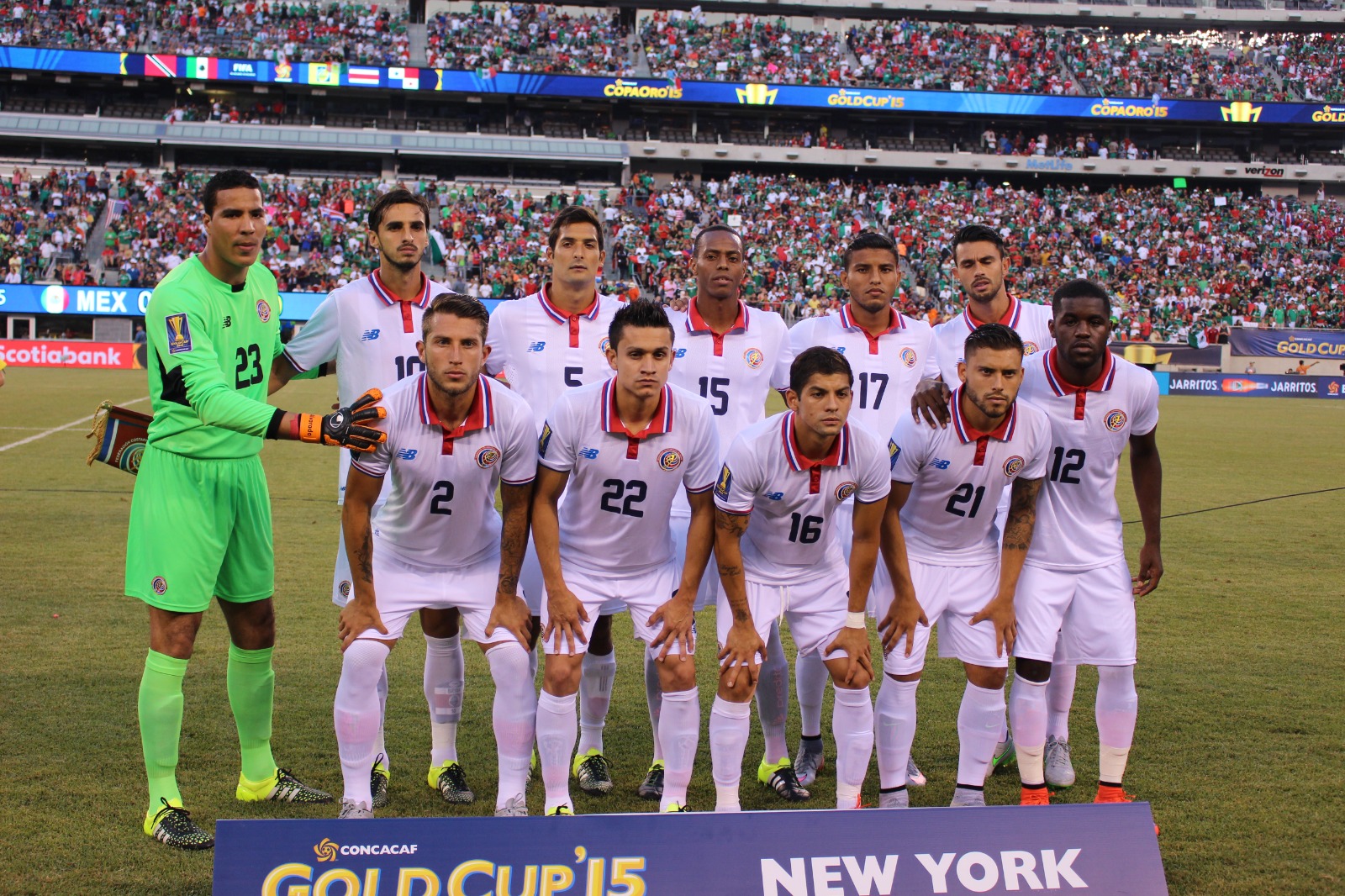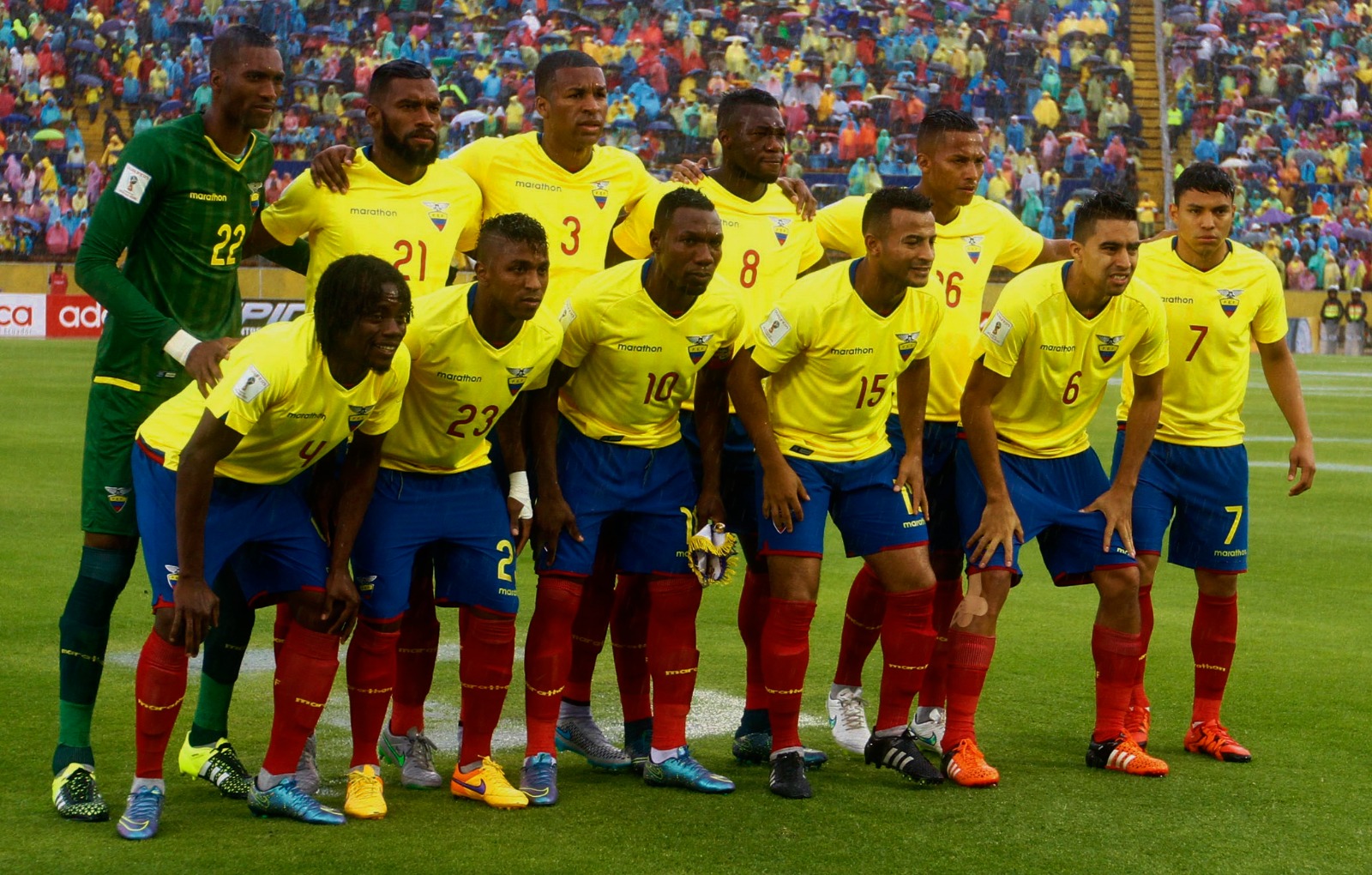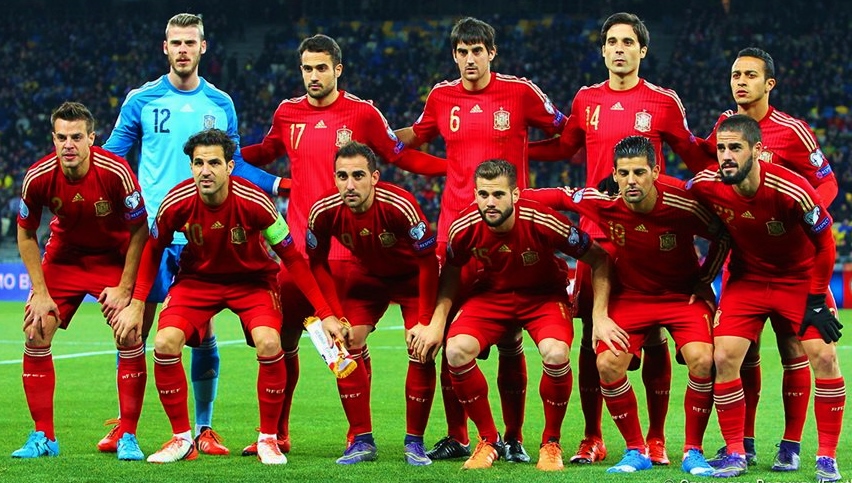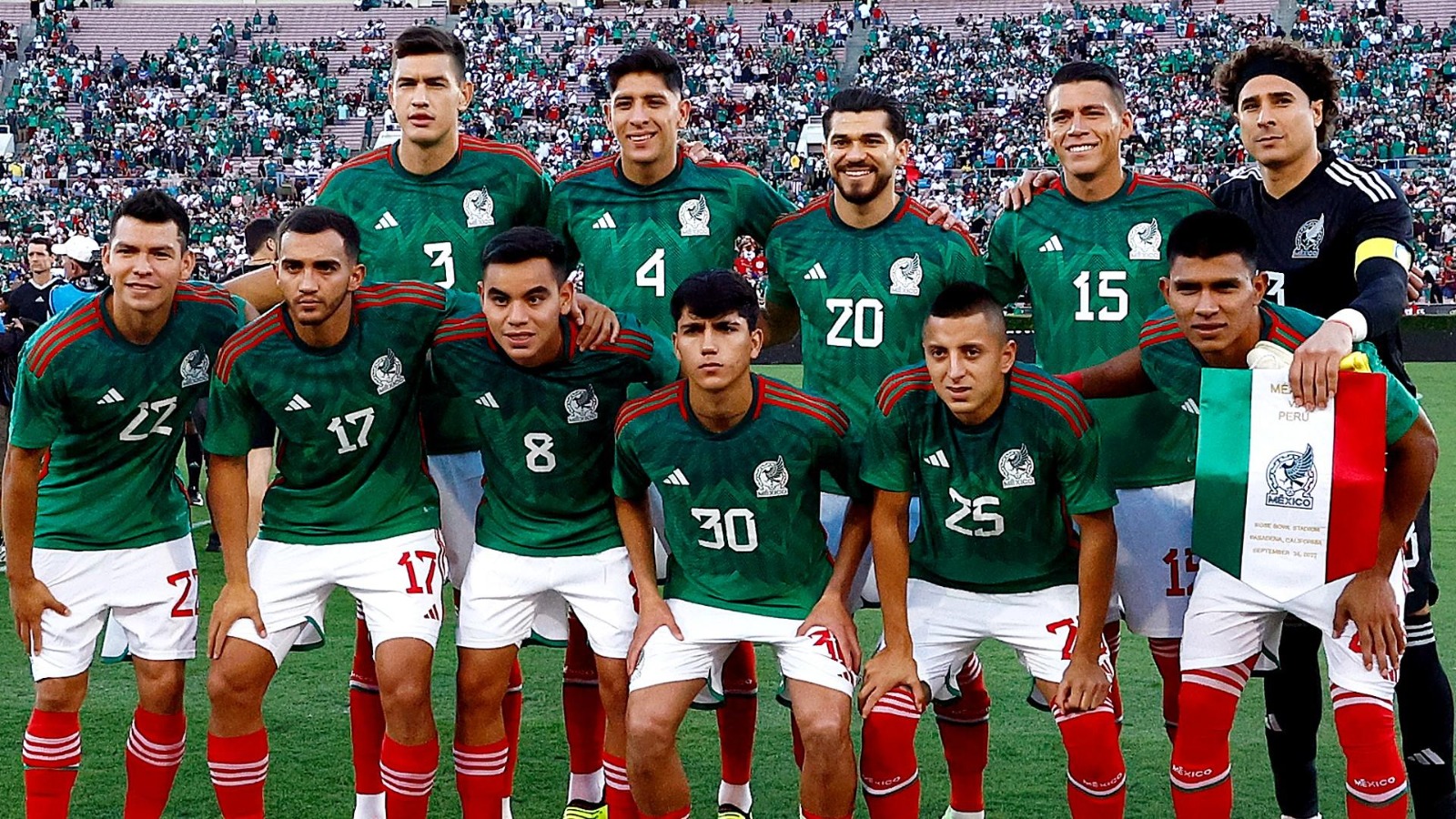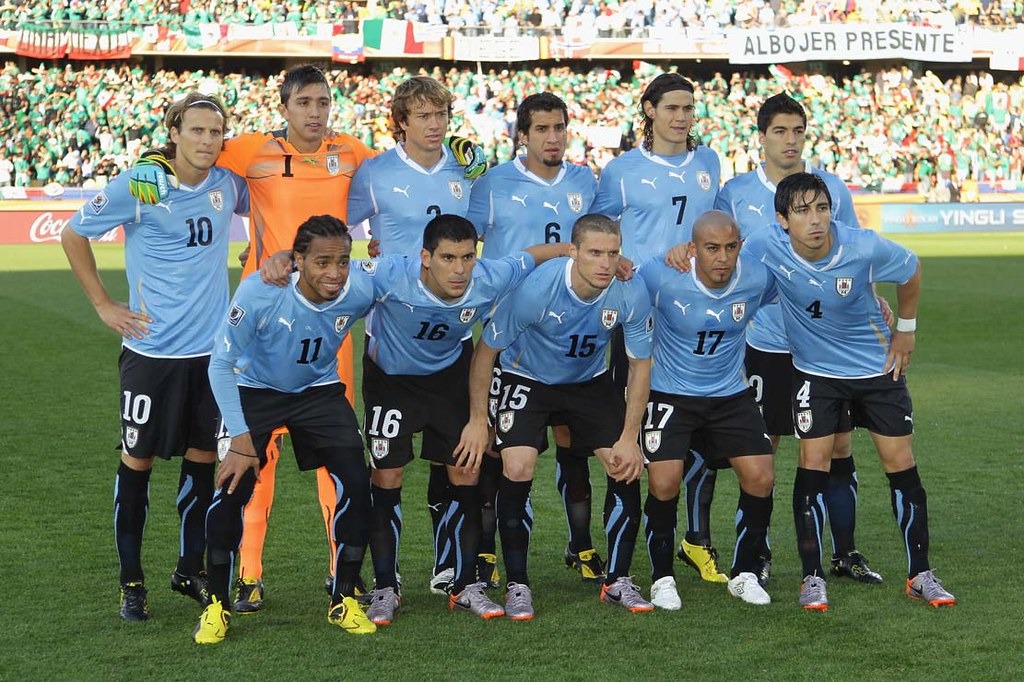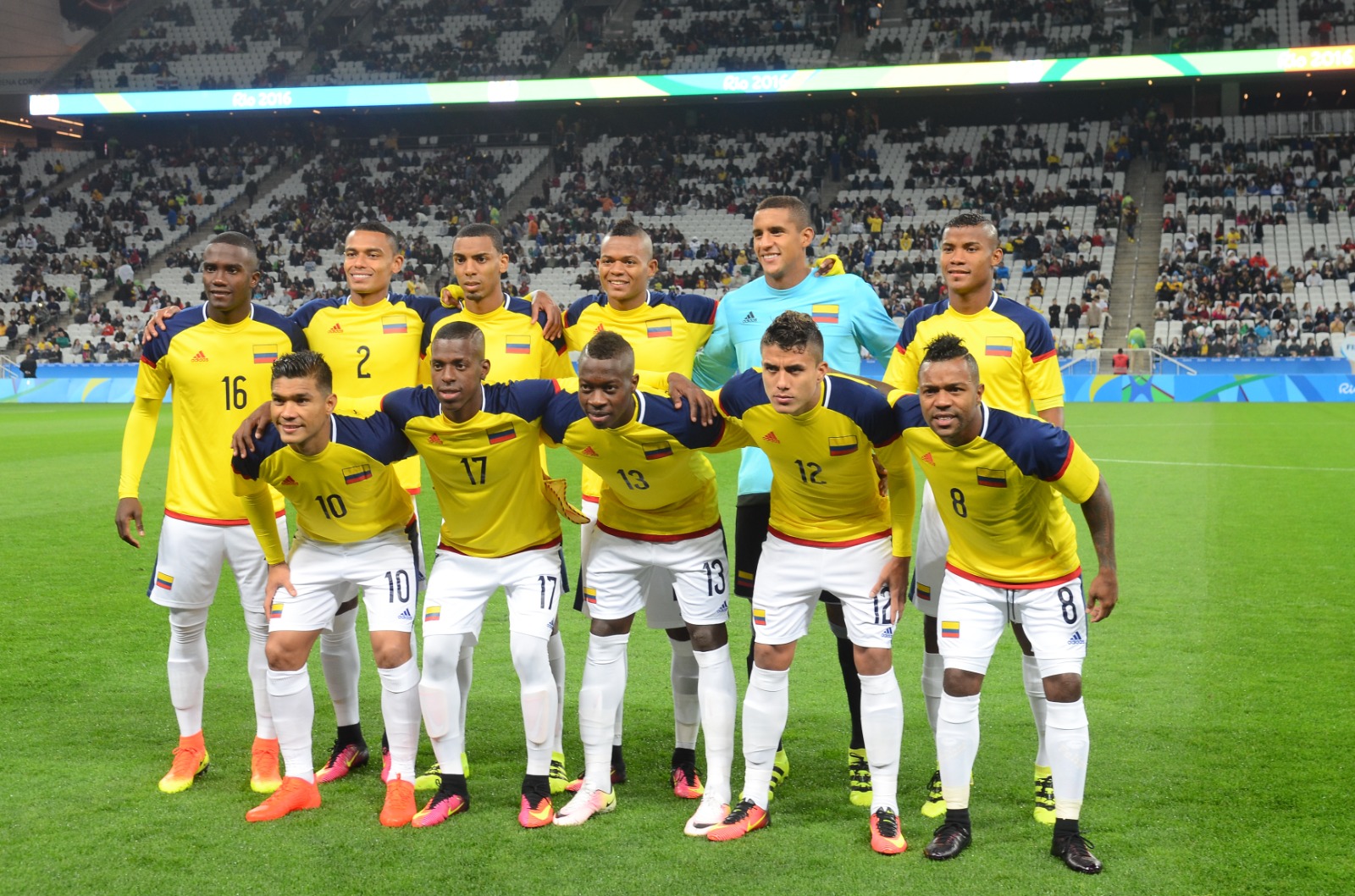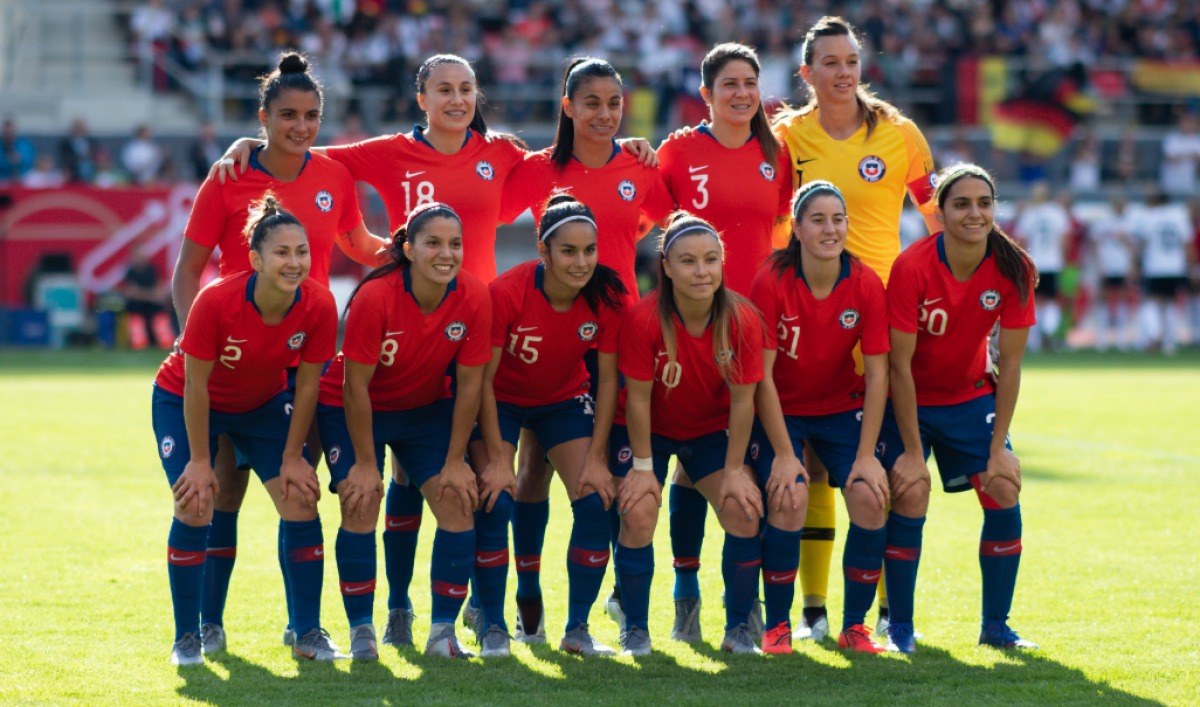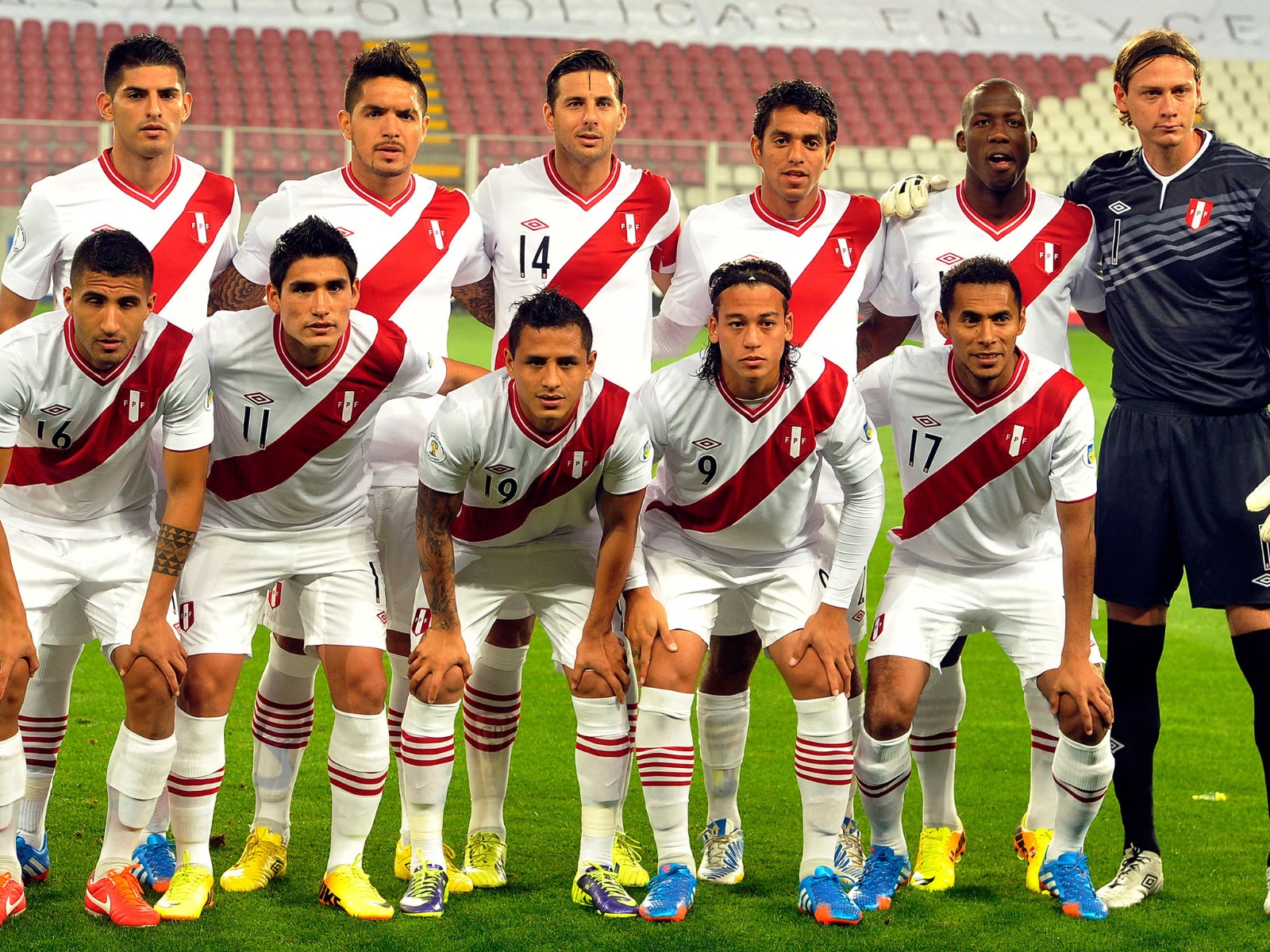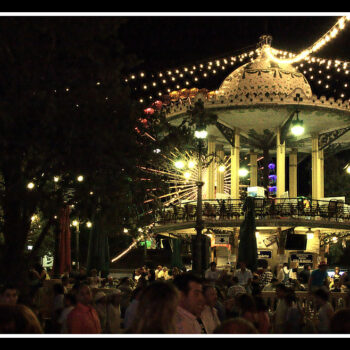

Spanish is a ticket to the rich world of culture, especially soccer! Imagine the thrill of the FIFA World Cup, where Spanish speaking soccer teams from countries battle for glory.
Right now, we’re in the heat of this global soccer fest, with teams dreaming of lifting that prized trophy. In our latest article, we’re keeping it simple but exciting, bringing you cool facts and stories about the Hispanic teams aiming for the top.
From legendary football clubs like Real Madrid and Barça (Barcelona Football Club) to epic moments in La Liga and the UEFA Cup, get ready for a fun ride through soccer history. Let’s kick off this journey together!
The Intersection of Language and Spain National Football Team
In the world of soccer, the Spanish language plays a vital role, especially within soccer academies. It serves as a key to unity and allows players from various backgrounds to connect and collaborate seamlessly.
For teams like Barcelona Football Club and Real Madrid, speaking Spanish is not just about communication; it’s about adopting a culture steeped in football history.
These clubs, celebrated for winning La Liga and UEFA Champions League, show how language fosters team spirit and strategy understanding.
Spanish football academies emphasize learning the language to help foreign players integrate smoothly into their new environment.
This linguistic foundation is crucial for teams competing in high-stakes tournaments, where clear communication can make the difference between winning the Spanish Super Cup or the Champions League.
Celebrating Spanish Soccer Excellence
Spain’s top football teams have made a significant mark on the global stage, guided by the Spanish Football Federation. Clubs like Real Madrid lead with numerous Champions League and La Liga titles, showcasing their dominance.
The excitement extends to the Spanish Cup, illustrating the depth of talent. Spanish clubs’ success in domestic and European competitions highlights their global impact, making Spain a symbol of football excellence.
1. Argentina
The Argentine national team is one of the great favorites to win the trophy. Their star player is, of course, Lionel Messi, one of the best players in the history of soccer. At the start of the FIFA World Cup, the Albiceleste had an impressive 36-match unbeaten record.
They are also the reigning champions of the Copa America, a trophy won after beating Brazil in the final, thus ending a terrible 28-year streak without a major title. Argentina is one of the eight teams that already know what it means to win a World Cup.
They did it twice: in 1978, when they hosted the tournament with the “matador” Mario Alberto Kempes as top scorer, and in 1986, in Mexico, with a memorable performance from Diego Armando Maradona.
2. Costa Rica
Costa Rica was the last team to qualify for the 2022 FIFA World Cup in Qatar. They did so after beating New Zealand 1-0 in the intercontinental playoff that pitted the fourth-ranked CONCACAF team against the Oceania representative.
The star of the Costa Rican team is Keylor Navas, an experienced goalkeeper who has played for important Europa League clubs.
So far, Costa Rica has qualified for six World Cups. Its first appearance was in Italy 1990, when it reached the round of 16. However, their best performance was in Brazil 2014, reaching the quarter-finals and was eliminated by the Netherlands in a penalty shootout.
3. Ecuador
Ecuador is one of the South American teams that has shown the highest level in recent years. Ecuador arrives in Qatar with the hope of being one of the revelations of the tournament.
Their coach is the Argentine Gustavo Alfaro and its star is striker Enner Valencia, who plays for Turkish club Fenerbahçe.
The Ecuadorian national team has participated in four editions of the FIFA World Cup. Their best performance was in Germany 2006, getting through the group stage and losing to England 1-0 in the round of 16.
4. Spain
Spain is another of the favorite teams to win the FIFA World Cup and also another team that has already tasted the ultimate glory. In South Africa 2010, that unforgettable team of Xavi, Iniesta, Casillas and company, elevated La Roja to the Olympus of world champions.
It is difficult to single out a single figure in the current Spanish national team, but perhaps it is worth mentioning Pedri, Barcelona’s young and talented midfielder, as the player to watch.
Apart from the aforementioned crowning in 2010, Spain has had some other notable performances in the history of this tournament. For example, the fourth place in Brazil 1950 and participation in Korea and Japan 2002, where they reached the quarter-finals.
5. Mexico
The Mexican national team arrives in Qatar with the illusion of reaching the fifth game (the quarter-finals) that has eluded them for so many years.
Mexico is also one of the few countries to have hosted the FIFA World Cup on more than one occasion (1970 and 1986). And also has in its history the fact of having played the first official match in the history of World Cups: it was against France in 1930.
Mexico’s best performances have coincided with the times the tournament was played on home soil. In both 1970 and 1986, the Mexican national team reached the quarter-finals, losing to Italy and West Germany, respectively.
6. Uruguay
Uruguay is one of the teams with the longest history in the FIFA World Cup. To begin with, it was the organizer of this tournament in the first edition, during 1930, where it also won the trophy.
In 1950 they were the protagonists of the so-called Maracanazo, when in the decisive match they came from behind against Brazil before the incredulous gaze of almost 200,000 local spectators.
There are many talented players in the Uruguayan national team, but for the present and future, we especially highlight Federico Valverde, a midfielder of Real Madrid.
In the last editions, we can mention their performance in South Africa 2010, when they finished in fourth place and where their goal scorer, Diego Forlán, was the top scorer.
7. Colombia
Colombia’s soccer scene thrives with clubs rich in history and achievement. Teams like Atlético Nacional and Millonarios stand tall, mirroring La Liga’s giants with their trophy collections.
Colombian clubs, much like Spain’s, are known for fierce competitions and passionate fanbases. They often clinch national titles and shine in South American contests, akin to Spanish teams in European leagues.
Colombian soccer, uniting fans and showcasing talent on international stages, mirrors the spirit and success of Spanish football.
8. Chile
Chile’s football landscape is vibrant, marked by teams that embody the spirit and competitiveness seen in Spain’s La Liga.
Clubs like Colo-Colo and Universidad de Chile are at the heart of Chilean soccer, drawing parallels to the prominence of FC Barcelona and Real Madrid in Spain. Their successes in the Chilean league echo the achievements of Spanish clubs, both domestically and on the South American stage.
Chilean football, with its rich tradition and dynamic club rivalry, mirrors the intensity and passion found in Spanish football, fostering a culture of excellence and spirited competition.
9. Peru
In Peru, the football culture is vibrant and deeply influenced by Spanish football’s tactical finesse and competitive spirit. Clubs like Sporting Cristal and César Vallejo echo the glory and ambition of Spain’s football ethos.
With a rich history of challenging for titles and fostering footballing talent, these clubs embody the passion and drive seen in La Liga’s top teams.
Their participation in South American tournaments draws parallels with Spanish teams’ success in European competitions, showcasing a blend of skill, strategy, and determination that transcends borders.
Peru’s football scene, with its mix of homegrown talent and Spanish influence, continues to evolve, celebrating the beautiful game’s universal appeal.
A snapshot of Spanish football club rankings as of February 2024
| Rank | Club / Country | Points | 1-yr change | Goals Scored | Goals Conceded |
| 1 | Real Madrid, Spain | 2023 | 1 | 89 | 30 |
| 2 | Atlético Madrid, Spain | 1874 | 5 | 75 | 25 |
| 3 | Barcelona, Spain | 1843 | 7 | 85 | 33 |
| 4 | Girona, Spain | 1825 | 14 | 65 | 40 |
| 5 | Real Sociedad, Spain | 1796 | 16 | 70 | 45 |
| 6 | Athletic Bilbao, Spain | 1769 | 1 | 60 | 35 |
| 7 | Real Betis, Spain | 1705 | 46 | 68 | 50 |
| 8 | Valencia, Spain | 1660 | 68 | 55 | 45 |
| 9 | Getafe, Spain | 1641 | 18 | 50 | 50 |
| 10 | Villarreal, Spain | 1641 | 53 | 58 | 48 |
| 11 | Sevilla, Spain | 1613 | 92 | 54 | 52 |
| 12 | Leganes, Spain | 1612 | 113 | 45 | 55 |
| 13 | Levante, Spain | 1612 | 84 | 48 | 60 |
| 14 | Osasuna, Spain | 1609 | 97 | 42 | 58 |
| 15 | Las Palmas, Spain | 1595 | 41 | 44 | 63 |
| 16 | Celta Vigo, Spain | 1572 | 156 | 52 | 65 |
| 17 | Rayo Vallecano, Spain | 1571 | 158 | 46 | 67 |
| 18 | Mallorca, Spain | 1568 | 119 | 40 | 70 |
| 19 | Deportivo Alaves, Spain | 1562 | 157 | 38 | 72 |
| 20 | SD Huesca, Spain | 1553 | 190 | 36 | 75 |
| 21 | RCD Espanyol, Spain | 1546 | 115 | 50 | 60 |
| 22 | Real Valladolid, Spain | 1538 | 184 | 42 | 68 |
| 23 | Elche, Spain | 1522 | 212 | 34 | 80 |
| 24 | Eibar, Spain | 1517 | 247 | 30 | 85 |
| 25 | Sporting Gijón, Spain | 1504 | 155 | 48 | 78 |
| 26 | Cádiz CF, Spain | 1499 | 312 | 45 | 82 |
| 27 | Deportivo Xerez, Spain | 1491 | 258 | 28 | 90 |
| 28 | Deportivo La Coruña, Spain | 1486 | 152 | 26 | 95 |
| 29 | Real Zaragoza, Spain | 1470 | 193 | 32 | 100 |
| 30 | Tenerife, Spain | 1465 | 315 | 24 | 105 |
| 31 | Granada, Spain | 1461 | 396 | 50 | 55 |
| 32 | Málaga, Spain | 1446 | 214 | 46 | 60 |
| 33 | Almería, Spain | 1431 | 424 | 40 | 70 |
| 34 | Hércules, Spain | 1431 | 193 | 38 | 75 |
| 35 | Racing Santander, Spain | 1385 | 242 | 35 | 80 |
| 36 | Córdoba CF, Spain | 1363 | 750 | 30 | 85 |
The Role of Academies in Shaping the Future
Football academies in Spain are where future stars learn the game. These places teach kids how to play football, giving them a chance to one day shine for big teams like Real Madrid or Barcelona, and maybe even play for the Spain national football team.
Academies are key for young talents dreaming of winning big trophies like La Liga or the Copa del Rey. They’re not just about playing football; they also focus on the importance of teamwork and hard work.
From Athletic Bilbao in the Basque Country to Valencia CF and Real Betis, these academies are crucial for finding and training the next Cristiano Ronaldo or legendary players.
You ensure the sport stays exciting and competitive in both the Spanish league and international football.
Do you want to learn more about Hispanic culture and sports?
In addition to helping you learn Spanish, Spanish Express also takes you by the hand to get to know the main attractions of Spain through our Spanish Homestay Immersion Programme (SHIP).
Through this program, you will get to the most important cities in Spain, while you practice and learn Spanish.
All you have to do is choose the destination!
Come and live a unique experience and get in touch with the most popular festivities, traditions, and sporting events in Spain.
Be part of our SHIP and embark on an unforgettable experience!


